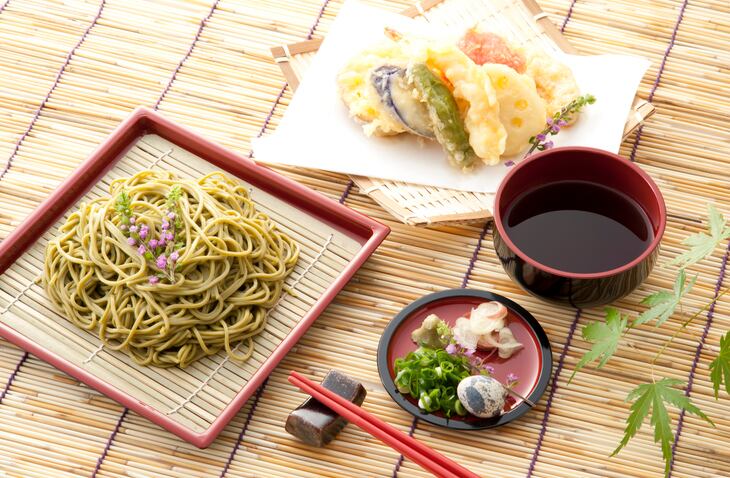Researchers developed a Traditional Japanese Diet Score (TJDS) and reported in a global ecological study that a Japanese style diet is associated with good health and wellbeing.
Furthermore, a cross-sectional and longitudinal ecological study and found that the traditional Japanese style diet could contribute to achieving global SDGs.
“This ecological study suggests that the traditional Japanese dietary pattern might improve SDGs except fresh water,” wrote the researchers in Nutrition Journal.
The 2030 Agenda for Sustainable Development at the United Nations Summit in 2015 included 17 SDGs. Reducing the environmental impact of diet is essential for achieving the SDGs worldwide.
Japan has one of the lowest obesity rates and one of the healthiest and longest life expectancies globally. However, none of the studies have examined the usefulness of the Japanese diet using data from multiple countries.
Thus, researchers evaluated the cross-sectional and longitudinal associations between the TJDS and environmental indicators from 2010 to 2020. This study included 151 countries with populations of at least 1 million.
The average food and energy supplies by country were obtained from the Food and Agriculture Organization of the United Nations Statistics Division database (FAOSTAT).
The TJDS was determined for each country by dividing the data into three groups (tertiles) based on the consumption of eight food groups: Rice, fish, soybeans, vegetables, and eggs (common in the Japanese diet), as well as wheat, milk, and red meat (less common in the Japanese diet).
Environmental indicators defined by Poore et al – land use, GHG2007 and GHG2013 (greenhouse gas emissions from 2007 and 2013), acidifying emissions, eutrophying emissions, freshwater usage, and water consumption per unit of food – were multiplied by each country's average food supply to assess their environmental impact.
The results showed that greater adherence to the Japanese diet corresponded with lesser incidence of land use, greenhouse gas emissions in 2007 and 2013, emissions causing acidification, and water consumption in both current (cross-sectional) and long-term (longitudinal) analyses.
However, the outcomes differed for two other indicators: Eutrophying emissions didn't show significance in the current analysis but long-term analysis showed that there was lesser of it; and a greater adherence to the Japanese diet was linked to more freshwater usage in the current analysis but was not significant over the long term.
“These results suggest that the negative associations between TJDS and Land use, GHG, Acidifying, and Water use are not incidental but permanent,” said the researchers.
The Japanese diet is also considered healthy, and it is consumed worldwide.
“The problem with the Japanese diet regarding its environmental impact is that rice cultivation requires a large amount of freshwater. This is reflected in the cross-sectional results, which show a positive correlation between the TJDS and Freshwater use,” said the researchers.
Several strategies have been proposed to improve water-use efficiency and reduce GHG emissions. Researchers concluded that improved water management and timely coordination of nitrogen fertilisers with crop demand could reduce water use and nitrogen loss via N2O and CH4 emissions.
“In conclusion, TJDS is an indicator of the association between Japanese diet and health events. In addition, TJDS was negatively related to land use, GHG emissions, Acidifying emissions, and stress-weighted Water use. Japanese style diet could contribute to the SDGs on a global scale,” said the researchers.
Source: Nutrition Journal
DOI: 10.1186/s12937-024-00936-2
“Traditional japanese diet score and the sustainable development goals by a global comparative ecological study”
Authors: Tomoko Imai, Keiko Miyamoto et al.
We will be taking a closer look at Active Lifestyle Nutrition and Protein Trends in our Growth Asia Summit 2024 this coming July, which will feature insights from a wide range of industry leaders and experts. Don't miss out – register here today!





